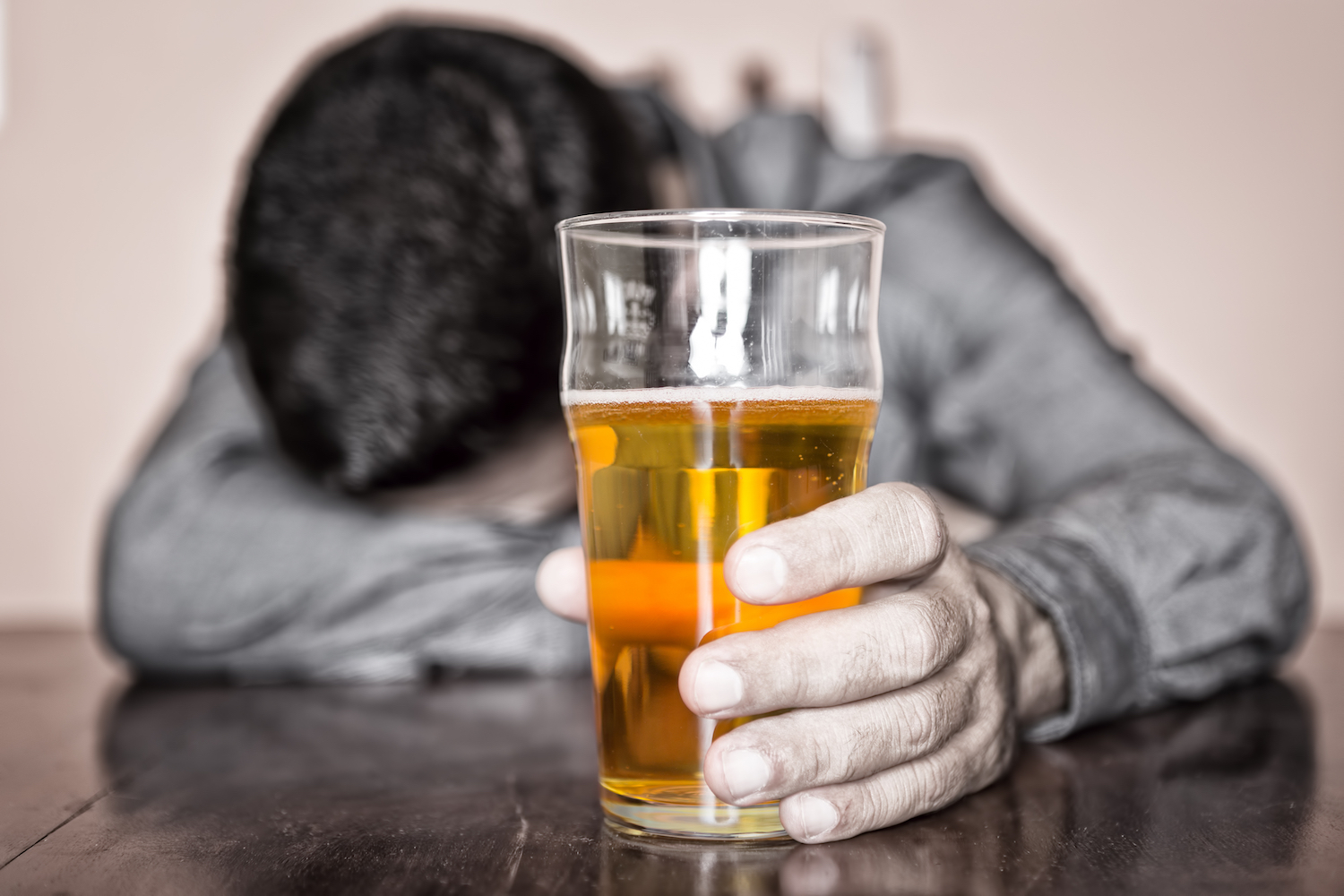Introduction
Weight loss surgery, also known as bariatric surgery, is a life-changing procedure for individuals struggling with obesity. However, post-surgery lifestyle adjustments are crucial for its success. One such adjustment is the consumption of alcohol. While moderate alcohol intake might seem harmless, its effects on individuals who have undergone surgery can be significant. In this article, we delve into the complexities surrounding the intersection of alcohol and weight loss, highlighting potential dangers and considerations for those navigating this path.
Understanding Weight Loss Surgery
Before delving into the impact of alcohol, it’s essential to grasp the essence of weight loss surgery. Bariatric procedures aim to aid weight loss by restricting food intake or altering the digestive process. Common types include gastric bypass, gastric sleeve, and adjustable gastric banding. These surgeries lead to significant weight loss by reducing the stomach’s capacity or altering the digestive tract, thereby limiting the amount of food a person can eat and absorb.

The Effects of Alcohol Post-Surgery
Reduced Tolerance
Weight loss alters the body’s ability to metabolize alcohol, leading to reduced tolerance levels. The stomach’s reduced size or bypassed portions of the digestive tract can cause alcohol to be absorbed more quickly, leading to rapid intoxication. Individuals may experience the effects of alcohol with smaller amounts than before surgery, increasing the risk of accidents and alcohol-related harm.
Nutritional Deficiencies
Alcohol contains empty calories and offers minimal nutritional value. For individuals who have undergone weight loss surgery, maintaining adequate nutrient intake is crucial for overall health and well-being. Excessive alcohol consumption can displace essential nutrients from the limited space in the stomach, exacerbating the risk of nutritional deficiencies such as vitamin deficiencies and malnutrition.
Increased Risk of Complications
Combining alcohol with weight loss surgery can pose serious health risks. Alcohol irritates the stomach lining and can cause discomfort or complications such as ulcers or gastritis, which may require medical intervention. Moreover, alcohol can interact with medications commonly prescribed post-surgery, potentially compromising their effectiveness or causing adverse reactions.

Guidelines for Alcohol Consumption After Weight Loss Surgery
Abstinence vs. Moderation
Many healthcare professionals recommend complete abstinence from alcohol after weight loss surgery to mitigate potential risks. However, some individuals may choose to consume alcohol in moderation, understanding the associated risks and adhering to strict guidelines. Moderation typically involves limited alcohol intake, spaced out over time, and avoiding high-proof alcoholic beverages. Explore More About ( Arthritis )
Diligent Monitoring
Those who opt for moderate alcohol consumption must monitor their intake meticulously. Keeping track of the amount consumed, choosing low-calorie alcoholic beverages, and avoiding carbonated drinks can help minimize adverse effects. Additionally, individuals should be vigilant for signs of intoxication and prioritize hydration to prevent dehydration, a common concern post-surgery.
Open Communication with Healthcare Providers
Maintaining open communication with healthcare providers is paramount for individuals navigating alcohol consumption post-weight loss surgery. Healthcare professionals can offer personalized guidance, monitor for potential complications, and adjust treatment plans accordingly. Patients should disclose their alcohol intake habits during follow-up appointments to ensure comprehensive care and support.
Conclusion
While weight loss surgery offers a path to improved health and quality of life for many individuals, the intersection of alcohol consumption post-surgery requires careful consideration. Alcohol can impact tolerance levels, nutritional status, and overall well-being, posing risks for those who have undergone bariatric procedures. Whether opting for abstinence or moderation, individuals must prioritize their health, adhere to guidelines, and maintain open communication with healthcare providers. By understanding the potential dangers of alcohol post-weight loss surgery and making informed choices, individuals can optimize their outcomes and embark on a journey towards lasting health and wellness.




